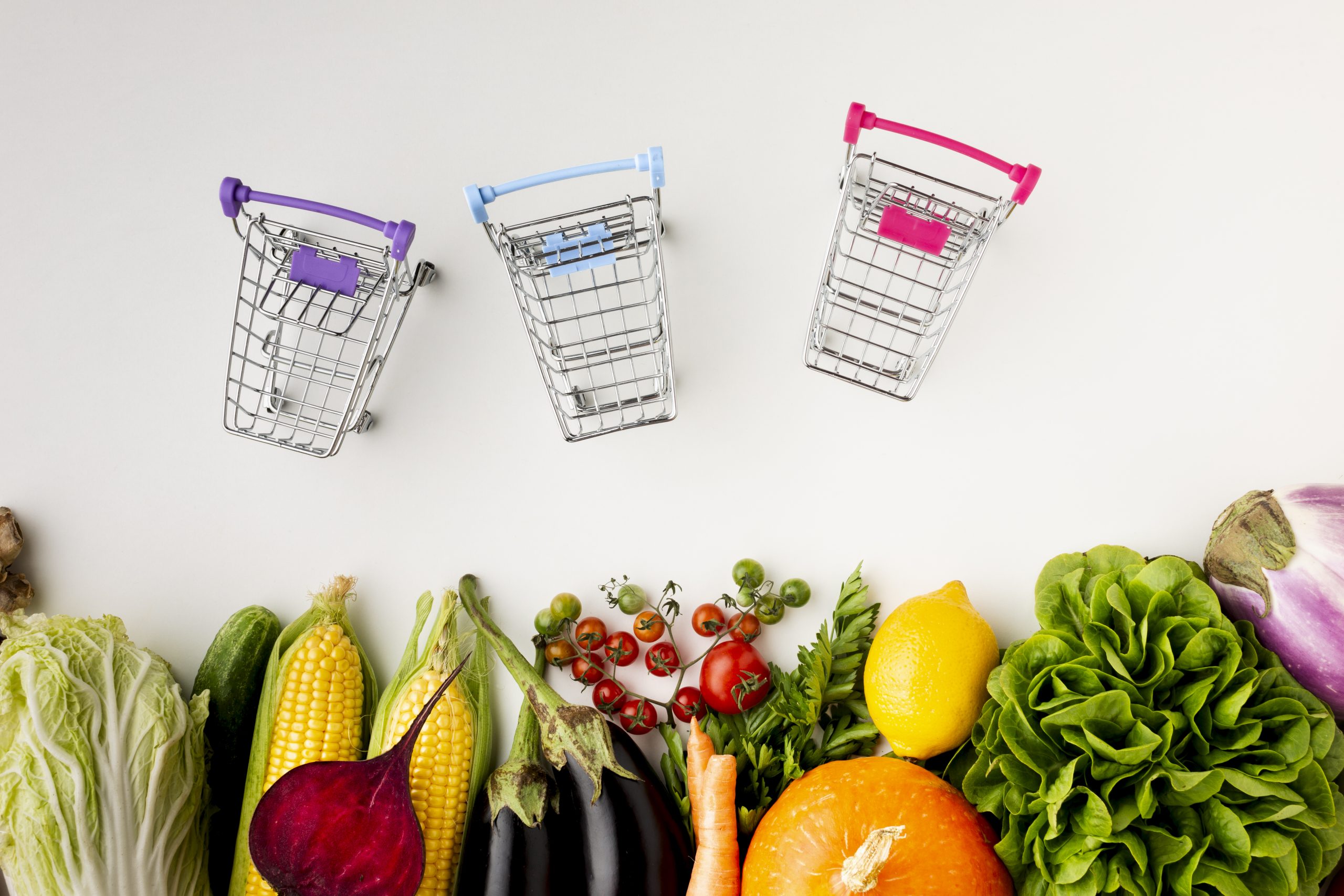
What Should Crohn’s Patients Know Before Going to the Supermarket?
When living with Crohn’s disease, what you eat can have a meaningful impact on your symptoms and overall disease activity.
The question of what to eat with Crohn’s is one that researchers in the field of nutrition continue to explore. One key insight we already know is that ultra-processed foods—especially those containing preservatives, emulsifiers, stabilizers, carrageenan, and other additives—have been linked to increased intestinal permeability and inflammation. For this reason, it is advisable to limit or avoid foods with these ingredients.
Recent studies increasingly point to a strong connection between diet and inflammation in inflammatory bowel diseases (IBD). While there is no single diet that suits everyone, there is growing agreement on certain foods to limit—chief among them being ultra-processed foods.
But What Exactly Is Processed Food?
Ultra-processed foods are products that undergo multiple industrial processes and often contain added substances such as:
- Preservatives – to prolong shelf life
- Emulsifiers and stabilizers – to enhance texture, appearance, or consistency
- Additives like carrageenan, polysorbate 80, xanthan gum, and others – which research has linked to increased gut permeability and disruption of the gut microbiome
These ingredients may trigger inflammation or disturb the natural bacterial balance in the gut, processes known to worsen Crohn’s disease.
How to Recognize Processed Foods While Shopping
The easiest and most effective approach is to check the ingredient list on the package. Here are a few practical tips:
- Prefer products with short and simple ingredient lists. A good rule of thumb: if you can’t pronounce or recognize an ingredient, it may not belong in your diet.
- Avoid unfamiliar additives, especially those with “E-” numbers, or ingredients ending in “-ate” or “-in” that wouldn’t appear in a home-cooked recipe.
- Choose basic, natural versions of products. For example, soy milk can consist of just soybeans and water—or it might contain stabilizers, artificial flavorings, and added sugars. Go for the simpler option.
- Quick tip: Don’t rely on labels like “natural” or “healthy”—these are often just marketing terms. Always read the fine print.
What Should You Eat?
Recommended food choices will vary depending on your personal condition, nutritional needs, and symptom tolerance. However, in general, a diet focused on whole, minimally processed foods is encouraged. This includes:
- Fresh fruits and vegetables (as tolerated)
- High-quality sources of protein
- Whole grains (for those who can digest them well)
- Healthy fats such as olive oil, avocado, and nuts
This kind of diet may support gut health, reduce inflammation, and promote overall well-being for individuals living with Crohn’s disease.
Written by: Luba Plotkin, a Registered Dietitian (RD).





